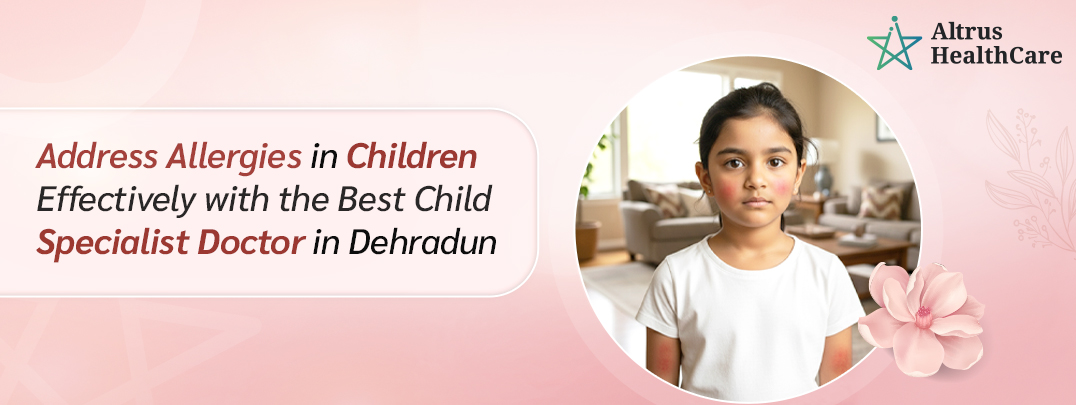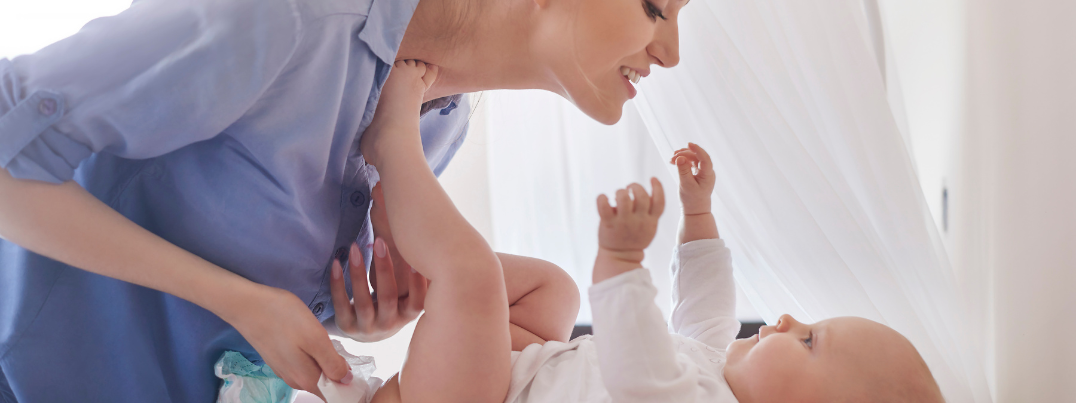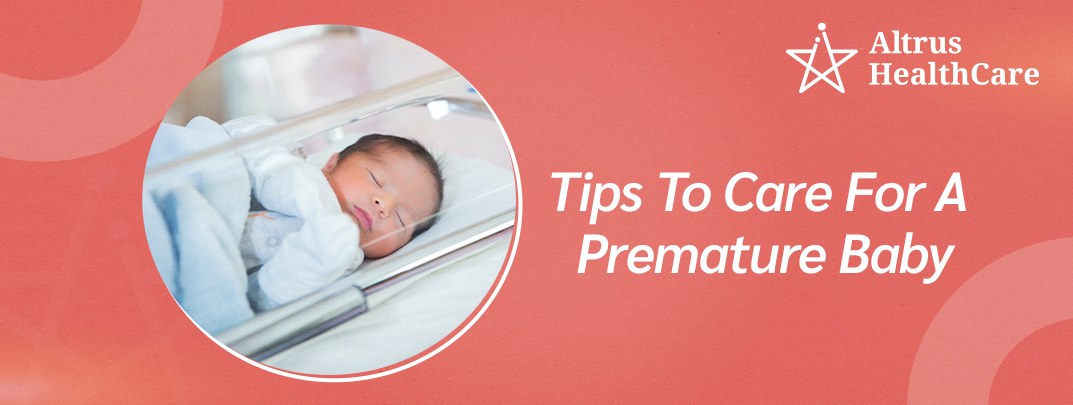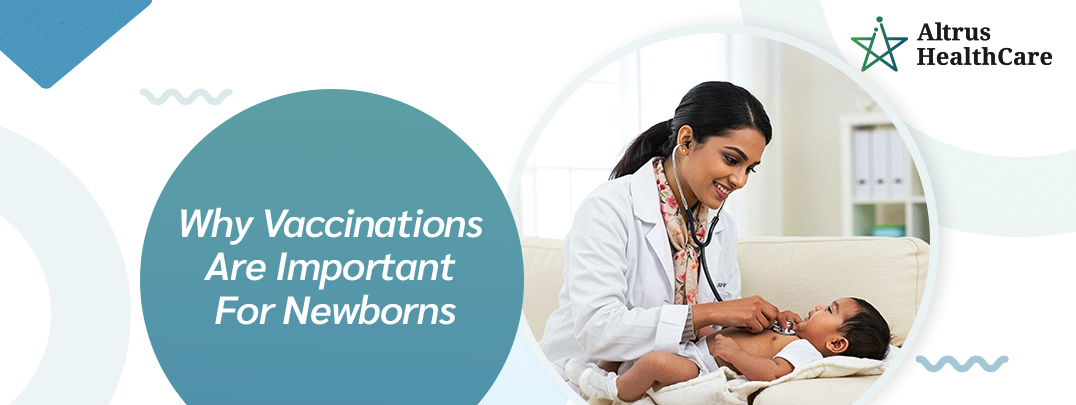Is your child sneezing a lot or having stomach-aches too frequently? If yes, it isn’t normal. These symptoms demand immediate attention and appropriate treatment to avoid the condition from worsening. Still, wondering why it matters so much? Well, these symptoms could be a sign of an allergic reaction. So, visiting the best child specialist doctor in Dehradun, like Altrus HealthCare, can help address the actual cause and provide your children with relief.
As a parent or guardian, understanding common allergies among kids, their causes, symptoms, and management techniques is crucial. Read on to explore everything in detail!
Common Causes of Allergies in Children
There are several things that can trigger an allergic reaction among children. Delve into the most common causes!
- Dust Mite: Globally number 1 cause of allergies.
- Pollens: The tiny, hardly visible particles from weeds, trees, and grass usually keep floating in the air during summer and spring. Your children may be exposed to these particles, resulting in itchy eyes and sneezing and asthma or like symptoms.
- Animal Dander: Do you have pets at home? While your little ones may enjoy spending time with their furry friends, the exposure to the saliva, skin, or urine of the pets can lead to allergies.
- Moulds: Moulds are tiny fungi growing in damp places, like basements and bathrooms. Breathing in the moulds is likely to cause allergies in children.
- Dust Mites: These tiny bugs are present in almost every home. They are usually present in carpets, mattresses, and pillows. When your child gets exposed to these dust mites, they may suffer from allergic reactions.
- Foods: Foods like peanuts, egg etc. might be implicated allergy. But overall it is something which should be least to concern.
Key Symptoms of Allergies in Children
Are you wondering how to know that your child is suffering from an allergy? Here are the top symptoms you must be aware of!
- Eye Symptoms: Allergies often lead to itchy, watery, and red eyes. As a result, your child is likely to feel discomfort and may engage in rubbing their eyes continuously.
- Nasal Symptoms: The most common nasal symptoms of allergies include a runny nose, an itchy feeling, and frequent sneezing.
- Breathing Issue: If your child is experiencing difficulty in breathing, this symptom must not be overlooked. Breathing issues accompanied by wheezing and excessive coughing may be a sign of a potential allergy.
- Skin Symptoms: Allergies in children may result in reddening of the skin, rashes, and itchy patches.
- Anaphylaxis: This is a symptom of a very serious allergic reaction, characterised by, low blood pressure, and trouble breathing, generalised swelling etc.
Effective Ways to Manage Allergies in Children
Wondering how to identify different allergies in your child? Book a consultation with our best child specialist doctor in Dehradun. They’ll diagnose the issue and guide you with the right treatment plan.
- Identify and Avoid Allergens
The healthcare professionals at Altrus HealthCare suggest that parents identify the substances/elements their child may be allergic to. An allergy test is a simple and effective way to pinpoint these triggers and help manage your child’s health with confidence!
- Create an Allergy-Free Home
Regular cleaning and occasional deep cleaning of your home can provide your children with a safe space to play and have fun while removing allergens like dust mites.
- Stay Educated
As a responsible parent, you must maintain a detailed record of your child’s allergic reactions. This approach proves to be helpful when engaging in health-related discussions or availing of medical services from the experts at Altrus HealthCare. Moreover, it can also help create emergency action plans for your child.
- Drugs
Allergic reactions are quite common among children. However, with the right strategies, managing them effectively becomes easier. Are you in search of the best child specialist doctor in Dehradun? Altrus HealthCare is the one-stop hospital for all child care needs. We have a team of experienced and dedicated professionals who are committed to identifying the exact cause of your child’s illness and recommending treatment pathways accordingly. Because your child’s health and well-being are our top priority!
- Medications
The doctors of Altrus HealthCare, who are undoubtedly the best child specialist doctors in Dehradun, can provide your child with effective medications for quick relief. Our experts provide the right solutions to relieve symptoms like runny nose, sneezing, and itching, helping your child feel better, faster.









